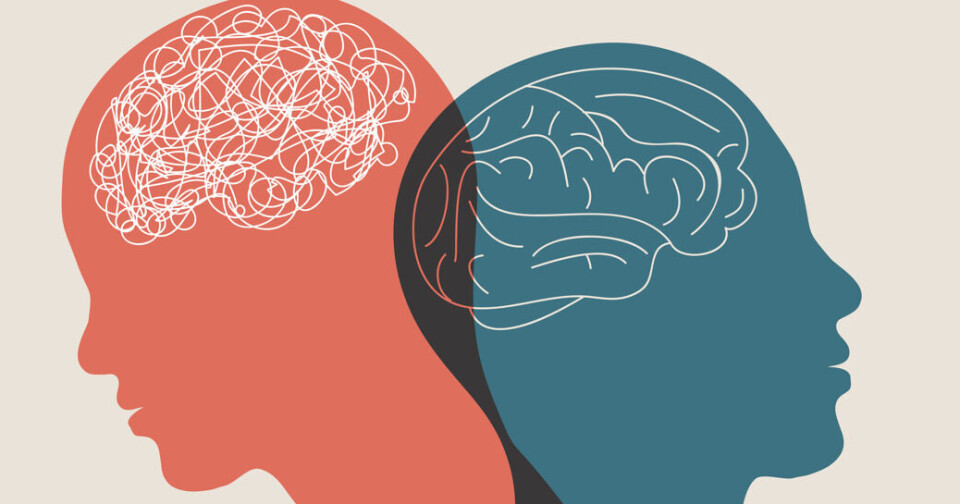Copyright : Re-publication of this article is authorised only in the following circumstances; the writer and Africa Legal are both recognised as the author and the website address www.africa-legal.com and original article link are back linked. Re-publication without both must be preauthorised by contacting editor@africa-legal.com
Alarm over mental health in the legal profession

Judges and lawyers in Kenya have raised concerns over mental health in the legal profession after a judge was declared unfit to hold office due to mental incapacitation, writes Paul Ogemba.
Justice Mary Gitumbi who served at the Environment and Lands Court became the first judge to be fired over mental health issues after the Supreme Court ruled that her condition cannot allow her to concentrate and discharge her duties.
“Based on the fact that she was on treatment for schizophrenia with evidence of several relapses, lack of insight leading to absence from duty and evidence of below-average performance, she is not fit for further service as a judge,” ruled the Supreme Court.
Lawyer Angela Mwadumbo, a board member of the Law Society of Kenya’s Advocates’ Benevolent Association said the problem of mental health challenges runs so deep within the legal profession that both judges and lawyers require psycho-social support.
LSK has partnered with psychologists’ associations to help their members attend therapy and cope with the high demands of the legal profession.
“It is important for judges and advocates to debrief. The workload catches up with us at times, and if we don’t create time to unwind, it is possible that mental health will catch up with us,” said Mwadumbo.
Supreme Court Judges Mohamed Ibrahim, Smokin Wanjala, Njoki Ndungu, Isaac Lenaola and William Ouko, in their decision, stated that they could do nothing to save Justice Gitumbi since the work of a judge requires one who is mentally sound.
They ruled that since courts hear and determine complex cases in relation to several disputes with numerous parties and lengthy hearings, it requires a stable mind to cope with the pressure.
The Supreme Court proposed that, “Parliament should also consider aligning the Employment Act with mental health considerations and accommodations such as the provision of clauses that place an onus on employers to ensure that they create a safe working environment and that mental health issues are not caused or exacerbated by work-related stress.”
Lawyer John Swaka echoed the proposal, stating that judges are more exposed to mental health challenges due to the pressure of work and litigants who expect them to sit for long hours hearing cases and delivering judgements and rulings, and at the same time have a normal lifestyle.
According to psychologist Dr Geoffrey Wango, judges and lawyers need psychological help to be of sound mind, given their nature of work which involves determining the fate of hundreds of people.
“Judges and lawyers, too, suffer life challenges that affect their work. Their only undoing is that they prefer legal solutions to their problems, forgetting the psychological help, which results in the mental challenges they face,” said Dr Wango.
Justice Gitumbi was suspended in 2021 following recommendations by the Judicial Service Commission, and an inquiry by a tribunal into her mental health status established she was medically unfit to serve.
She challenged the decision at the Supreme Court, but the apex court ruled that the grounds of mental incapacity had been proved beyond doubt.
To join Africa Legal's mailing list please click here
